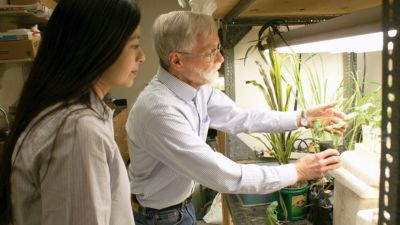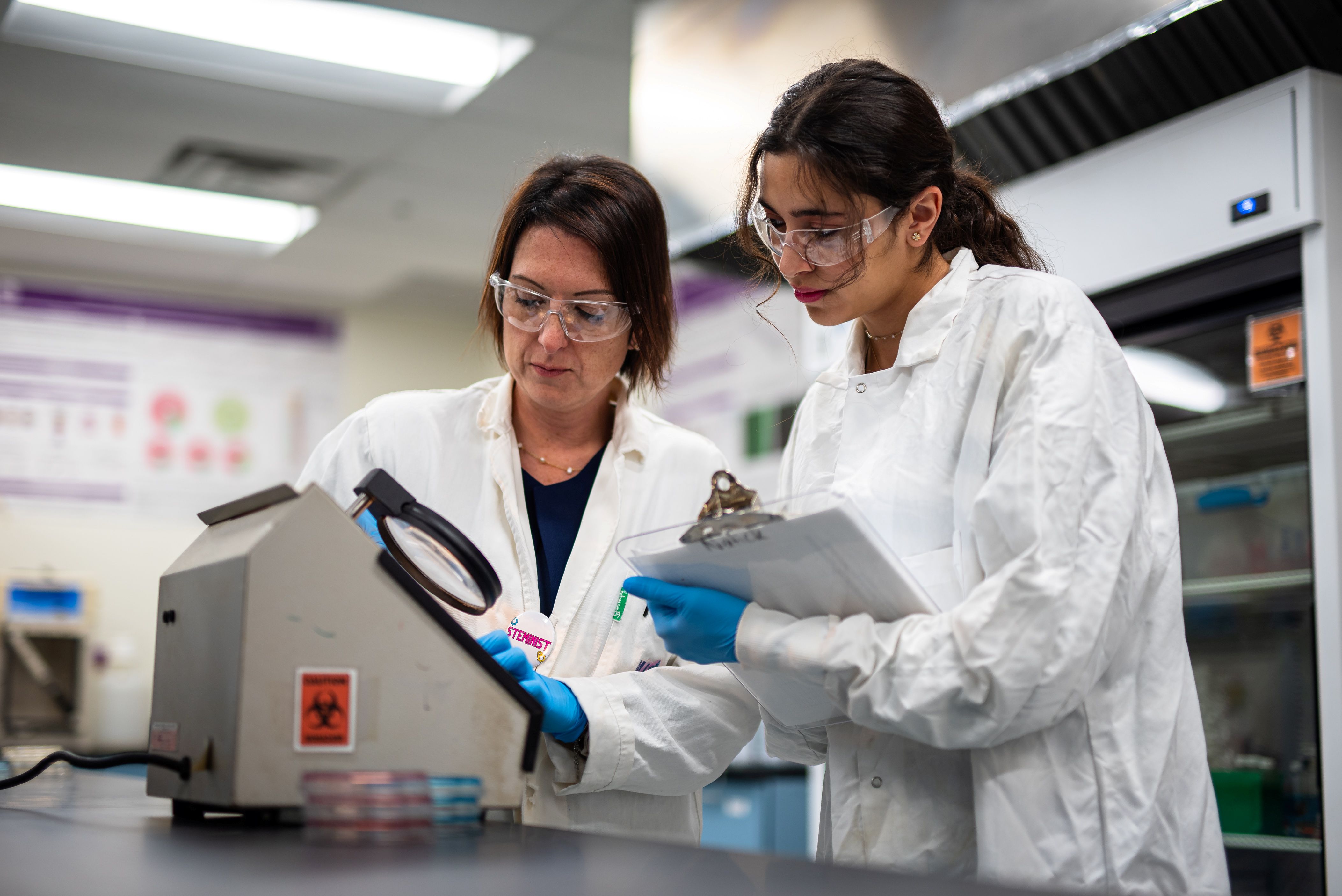Research Mentorship
What to expect as a mentee: Mentor and mentee dynamics
Welcome to the world of research! As a mentee, you will gain valuable professional, personal, and field-specific knowledge from your mentor. We hope your time within research is meaningful and fun. To help with understanding the role of a mentee, here is a general synopsis of what you can expect.
Mentoring is a dynamic professional relationship, which is shaped by the distinct roles of mentor and mentee. While both parties contribute to this exchange, their responsibilities and roles will differ. 
Due to this, it is strongly recommended that a conversation is had to establish shared goals, expectations, and necessary boundaries tailored to the 'rules' within the research group (i.e.: how tools are used within a lab, when to reach out to mentors, etc.).
This will allow for a smoother onset into the research world for the mentee and enable all parties to navigate any potential misunderstandings in the future with more clarity. (This conversation is generally initiated by the mentor in a way that makes sense for their research group but if not, be sure to communicate these items to your mentor as you begin your time as their mentee.)
For most research groups/projects on campus, you should be prepared for the following as an undergraduate researcher:
- Keeping your commitments made.
- Be open to trying new things (methods, areas of focus, etc.).
- Show respect for your mentor (arrive on time, follow rules of a research space, etc.).
- Bring up problems and complications you have come across.
- Be open to constructive feedback and be willing to grow with it.
- Meet regularly with your research group and/or mentor(s).
- Ask clarifying questions about areas you do not fully understand.
- Take initiative regarding your professional goals within the area of study (ask about career development and planning).
 Your mentor also has roles and responsibilities which are generally expected of them; however, these will vary by field/area of study. If you feel that you need more support, or support in a different way than your mentor is providing it, be sure to reach out to your mentor to discuss what that could look like going forward.
Your mentor also has roles and responsibilities which are generally expected of them; however, these will vary by field/area of study. If you feel that you need more support, or support in a different way than your mentor is providing it, be sure to reach out to your mentor to discuss what that could look like going forward.
Good luck with this new and exciting journey!
Information shared is inspired by resources from the Council on Undergraduate Research (CUR). Further information and tools for undergraduate researchers can be found on the CUR website.
Scholar Development and Undergraduate Research
336 Hale Library
1117 Mid-Campus Drive North
Manhattan, KS 66506
785-532-3422
785-532-6542 fax
sdur@ksu.edu